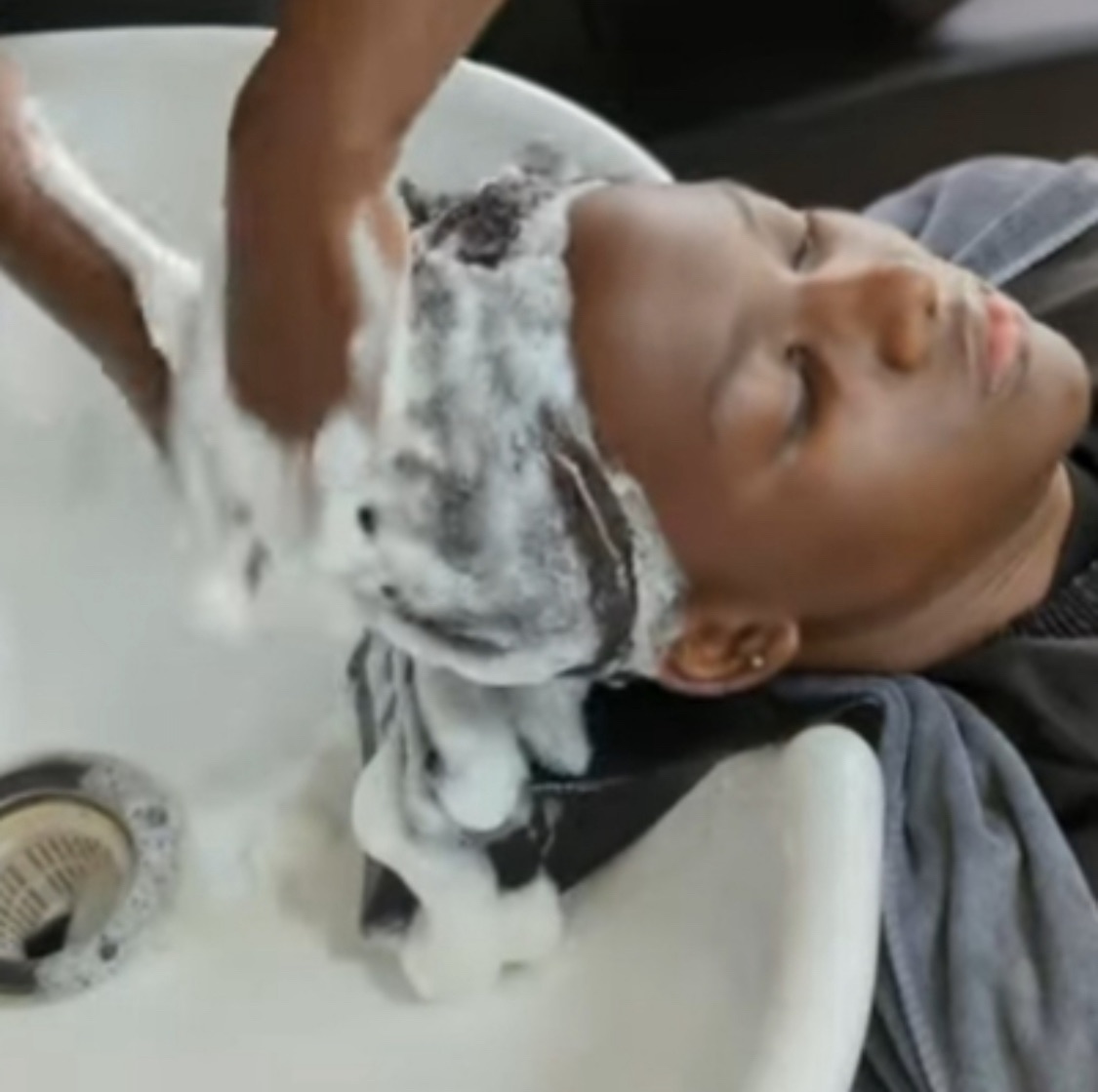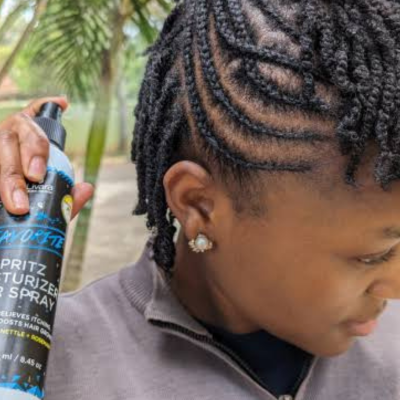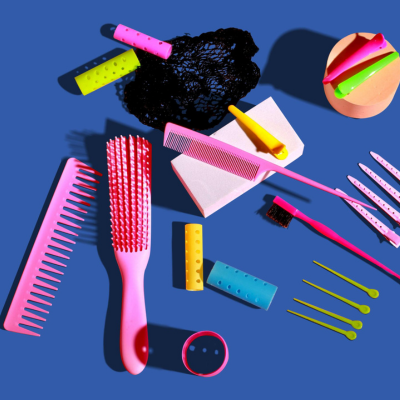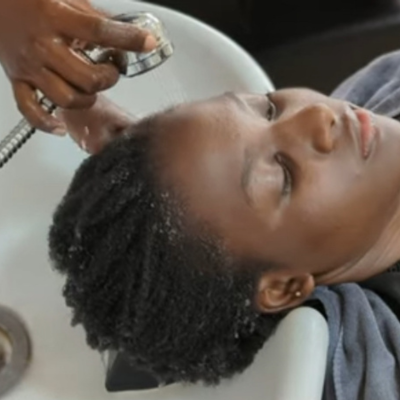- Support 24/7
- +1 (480) 468-4543
- livara@mylivara.com
Why Does Your Scalp Itch After Shampooing It? Everything You Need To Know

How To Properly Use Hair Spritz And Hair Spray
May 18, 2024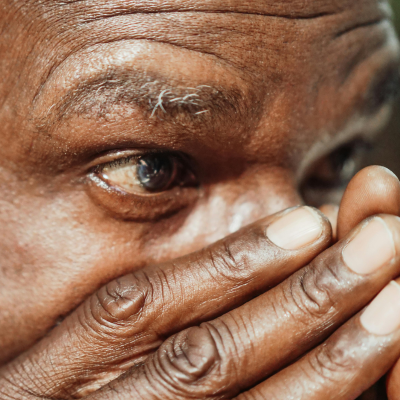
How to Know If You Have Fine Lines or Wrinkles
May 20, 2024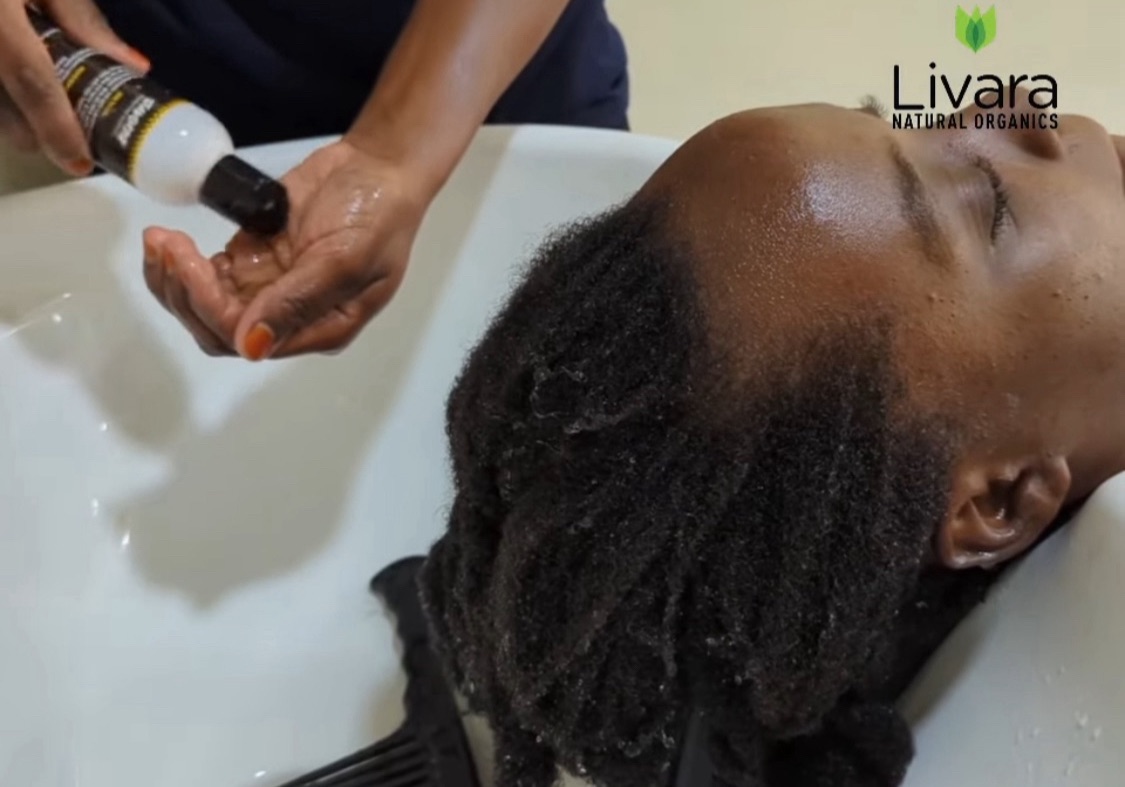
Ever experienced that annoying itch on your scalp right after you’ve shampooed your hair? You’d think that washing your hair would leave you feeling fresh and clean, but sometimes it brings an unexpected itchiness instead. You’re not alone—many people experience this. Let’s dive deep into why your scalp may itch after shampooing it, and what to do about it.
Why Your Scalp Itches After Shampooing
There are several reasons why your scalp might itch after a shampoo:
Residue Build-Up
- Improper Rinsing: If you don’t rinse out your shampoo thoroughly, it can leave a residue on your scalp. This residue can block your hair follicles, leading to itchiness. Shampoo residue can mix with dead skin cells and sebum (natural oils produced by your scalp), creating an environment where fungi and bacteria thrive, leading to irritation and itching.
- Overuse of Products: Using too many hair products like conditioners, gels, or sprays can lead to build-up on your scalp. These products can coat the scalp and hair, preventing proper cleaning and causing an itchy sensation.
Dryness and Irritation
- Harsh Ingredients: Many shampoos contain sulfates, which are detergents that create a rich lather. While they do a great job of cleaning, they can also strip your scalp of its natural oils. Without these oils, your scalp can become dry and irritated, leading to itching. Sulfates can also disrupt the natural pH balance of your scalp, making it more prone to dryness and irritation.
- Fragrances and Preservatives: These are common in many hair care products and can sometimes cause allergic reactions or sensitivities. Common allergens include parabens, phthalates, and certain types of alcohols used in shampoos. If you have sensitive skin, even small amounts of these ingredients can lead to itching and discomfort.
Improper Shampooing Technique
- Focusing on Hair Instead of Scalp: Many people concentrate on washing the lengths of their hair rather than the scalp, where most of the oils and dirt accumulate. This can leave the scalp inadequately cleaned, leading to itching. The scalp needs to be the focus of your shampooing routine because it’s where sebum and dead skin cells accumulate.
- Using Fingernails: Scrubbing your scalp with your fingernails can cause tiny abrasions and irritation. These small cuts can become entry points for bacteria and fungi, leading to infections and further itching. Gentle massaging with your fingertips is more effective and less damaging.
- Using Too Much Shampoo: Applying too much shampoo can lead to excessive lather, which might not rinse out completely, causing residue build-up. Excessive use of shampoo can also strip away the natural oils, leading to dryness.
Scalp Conditions
- Dandruff: Dandruff is a common scalp condition that causes flaking and itching. It is often caused by an overgrowth of a yeast-like fungus called Malassezia, which feeds on oils on the scalp. Certain shampoos, especially those with harsh ingredients, can exacerbate dandruff. For treating dandruff, consider using medicated shampoos containing ketoconazole, salicylic acid, or coal tar. Additionally, natural remedies like menthol can be effective. Livara’s Tsavorite Clarifying Treatment Hair Shampoo contains menthol, which can help soothe and treat dandruff.
- Psoriasis: An autoimmune condition that can affect the scalp, leading to itchy, red, and scaly patches. Psoriasis can be exacerbated by stress, infections, and certain medications. Medicated shampoos containing salicylic acid or tar can help reduce scaling and itching.
Water Quality
- Hard Water: Water with high mineral content, particularly calcium and magnesium, can leave deposits on your scalp, making it itchy. These minerals can react with the soap in your shampoo, forming a scum that is difficult to rinse away completely. Hard water can also make your hair feel dry and brittle, contributing to an itchy scalp.
Shampooing Frequency
- Overwashing: Washing your hair too frequently can strip away the natural oils that protect your scalp, leading to dryness and itching. Your scalp produces sebum to moisturize and protect itself. Overwashing disrupts this natural process.
Water Temperature
- Hot Water: Washing your hair with hot water can strip your scalp of its natural oils, leading to dryness and irritation. Hot water opens up the pores on your scalp, making it more susceptible to losing moisture and becoming dry. This can cause your scalp to feel tight, dry, and itchy. Additionally, hot water can exacerbate inflammation if you already have a scalp condition like dandruff or psoriasis.
Tips to Alleviate Scalp Itching
Now that we understand the causes, let’s look at some ways to alleviate that annoying itch once and for all:
Choose the Right Shampoo
- Gentle, Sulfate-Free Shampoos: Use shampoos that are free from sulfates and harsh chemicals, like the Sapphire Hair Shampoo. Sulfate-free shampoos clean without stripping away natural oils. Look out for soothing and moisturizing natural ingredients in shampoos as well; ingredients like aloe vera, olive oil, argan oil, jojoba oil, and shea butter are gentle and moisturizing.
- Medicated Shampoos: If you have dandruff or a scalp condition, consider using a medicated shampoo. Ingredients like ketoconazole, salicylic acid, or coal tar can help treat these issues. These shampoos can reduce fungal growth, remove excess flakes, and soothe inflammation.
Rinse Thoroughly
- Make sure to rinse your hair thoroughly to remove all traces of shampoo and conditioner. After shampooing, perform at least two rinses to effectively remove all traces of shampoo. Rinse with lukewarm water, ensuring that no suds remain in your hair. This helps prevent residue build-up that can irritate your scalp.
Adjust Washing Frequency
- Find a balance that works for your hair and scalp type. If you’re washing your hair every day, try reducing the frequency to at least once a week. Pay attention to your scalp’s needs; some people may need more frequent washing, while others may benefit from less.
Use Cool or Lukewarm Water
- Hot water can strip your scalp of natural oils and exacerbate dryness. Try washing your hair with cool or lukewarm water instead. Cool or lukewarm water helps to seal the hair cuticle and reduce moisture loss, maintaining your scalp’s natural moisture balance.
Moisturize Your Scalp
- Don’t stop at washing your hair and go about your day. Shampooing generally causes moisture loss, so you need to moisturize your scalp afterwards. Use a light, non-greasy moisturizer specifically designed for the scalp, like the Tsavorite Spritz Moisturizer Hair Spray. Natural oils like coconut oil, jojoba oil, or argan oil can be great for sealing the moisture into your hair and scalp without clogging your pores. Apply these oils sparingly and massage them gently into your scalp.
Avoid Overusing Products
- Minimize the use of styling products that can build up on your scalp. When you do use them, make sure to wash them out thoroughly. Opt for light styling products, such as mousse.
Check Your Water Quality
- If you live in an area with hard water, consider using a water softener or a shower filter to reduce mineral build-up on your scalp. Shower filters can remove minerals and other impurities, providing cleaner water for your hair and scalp.
Shampooing Technique
- Focus on the Scalp: Instead of concentrating on washing the lengths of your hair, focus on the scalp. Your scalp is where most of the oils and dirt accumulate. Massage the shampoo gently into your scalp using your fingertips (not nails) to help lift dirt and oil without causing irritation.
- Gentle Massaging: Use gentle, circular motions to massage the scalp. This helps increase blood circulation, promoting a healthier scalp while ensuring a thorough cleanse. Avoid vigorous scrubbing, which can damage the scalp.
- Limit Shampoo Amount: Use only a small amount of shampoo. Overuse can lead to residue build-up, which might be hard to rinse out effectively, and contribute to itching. A quarter-sized amount is usually sufficient for most hair types. Remember to wet your hair first, so that the shampoo lathers easier and you don’t need to apply too much to form a lather.
Consult a Dermatologist
- If you’ve tried these tips and still experience persistent itching, it might be time to consult a dermatologist. They can provide specific treatments tailored to your scalp condition. Dermatologists can prescribe stronger medicated shampoos or treatments if necessary.
Final Thoughts
An itchy scalp after shampooing can be more than just a minor annoyance—it can signal that something needs to change in your hair care routine. By understanding the potential causes and taking steps to address them, you can achieve a comfortable, itch-free scalp. Remember, you are a gem.
